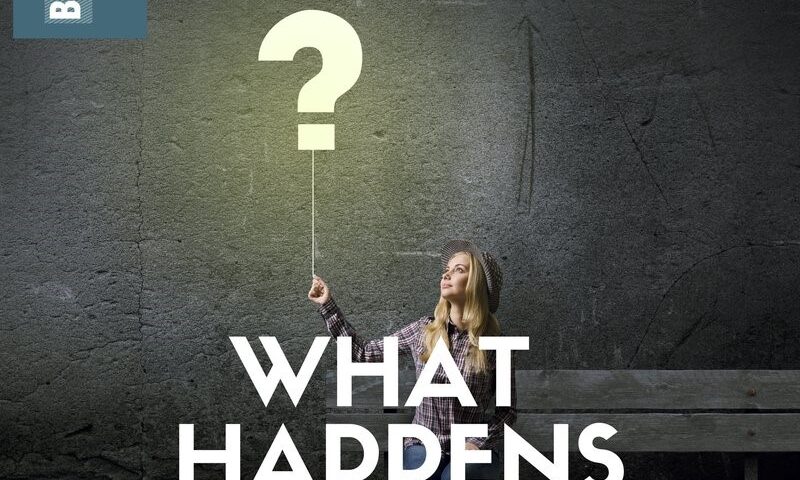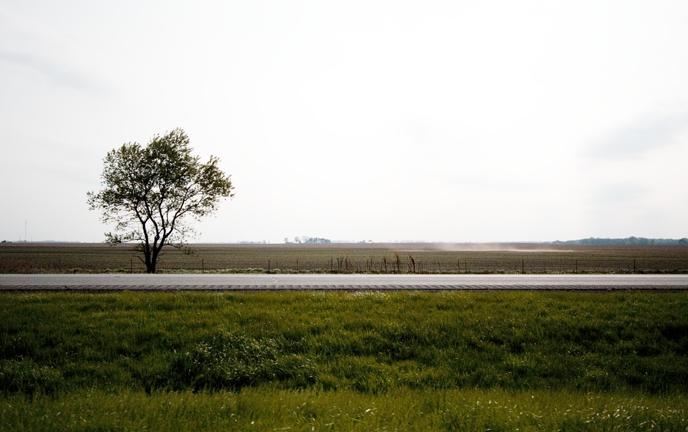This special issue is dedicated to papers presented at the biennial BACLS “What Happens Now?” Conference that took place on 2-3 September 2021. The conference focused on representing a variety of concerns and topics represented in contemporary literature studies, and these are reflected in the articles published in this issue: they address the intersections between literary studies, video games and television series, pertinent questions of representation and identity in contemporary literature, as well as exploring the political and social formations of the present through critical and creative methods.
View More Alluvium Editorial 10.1Category: Issue 10.1 – Special Conference Issue “What Happens Now? 2021”
Ambiguity and Parapraxis: Serially Reframing Trauma in “Peaky Blinders”
Peaky Blinders serially and cumulatively critiques and subverts the (narrative) troping of trauma, both regarding its genesis and continuity/persistence, by diversifying and complicating its central properties and classifications in what, I argue, amounts to a parapractic approach to both trauma and historical fiction.
View More Ambiguity and Parapraxis: Serially Reframing Trauma in “Peaky Blinders”Failure: The Ghost and the Mother
In this essay, I will explore the connection between failure, haunting and structures of power, and of care, by talking about the shared failures of the ghost and the mother. My wider research proposes parallels between the figure of the ghost and the (figurative and real) mother. I see many of these parallels as present in the ‘failures’ (I can’t stress the inverted commas enough) that I believe these figures end up sharing, and this will be my focus here.
View More Failure: The Ghost and the Mother“New year, new data”: Percival Everett’s Telephone, Brandon Taylor’s Real Life, and the Future of the “Affective Turn”
This article will consider Rachel Greenwald Smith’s concept of the “Affective Turn” – which “chronologically coincides with the end of the postmodernism debates” (Smith, 424) – through the lens of two American novels published in 2020: Percival Everett’s Telephone and Brandon Taylor’s Real Life. Stylistically, these novels are quite different, and I will discuss them individually as well as unpack their similarities, examining their mutual relevance to contemporary fiction’s affective renewal.
View More “New year, new data”: Percival Everett’s Telephone, Brandon Taylor’s Real Life, and the Future of the “Affective Turn”Affect, Minecraft and Neoliberal Techno-Utopianism in Keith Stuart’s “A Boy Made of Blocks”
. This essay interrogates how the novel tackles cultural perceptions of ASD and how Sam’s representation interlinks with the novel’s representation of neoliberalism. It will primarily argue that Stuart’s depiction of Alex and Sam’s performances as avatars both critiques and simultaneously subscribes to aspects of post-millennial neoliberalist society, engaging specifically with dispossession, self-help culture, career-centricity, and the focus on “family” (Stephen Crossley, 2016).
View More Affect, Minecraft and Neoliberal Techno-Utopianism in Keith Stuart’s “A Boy Made of Blocks”“Being understood creates the fear that you will never be understood again”: Literary Empathy in Rachel Cusk’s Outline Trilogy
Contrary to claims that autofiction rejects the goal of generating empathy, I will posit that Cusk’s works instead aim to produce what James Dawes calls “literary empathy.” Literary empathy, Dawes writes, does not necessarily advance human rights or overtly political goals, and “does not point past the reader,” but instead “points to the reader,” allowing readers to question their own capacity to empathise (431).
View More “Being understood creates the fear that you will never be understood again”: Literary Empathy in Rachel Cusk’s Outline TrilogyIndiana as Islamistan: Mohja Kahf’s The Girl in the Tangerine Scarf
As a subject of inquiry among geographers, historians and literary theorists (among others), place has a variety of discordant yet non-exhaustive definitions which are constantly challenged and redefined. Human geographers, including Yi Fu Tuan and Edward Relph, insist that place is never merely an object or a specific location.
View More Indiana as Islamistan: Mohja Kahf’s The Girl in the Tangerine Scarf






